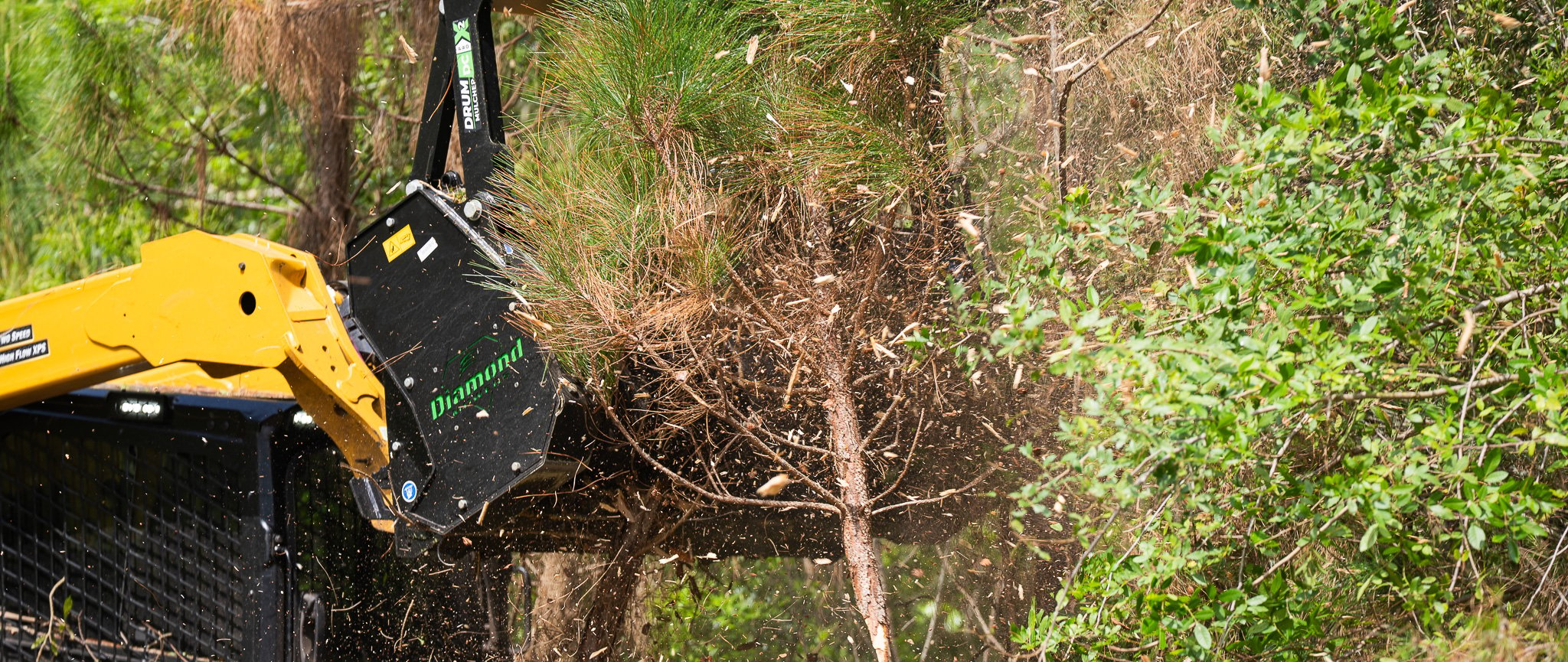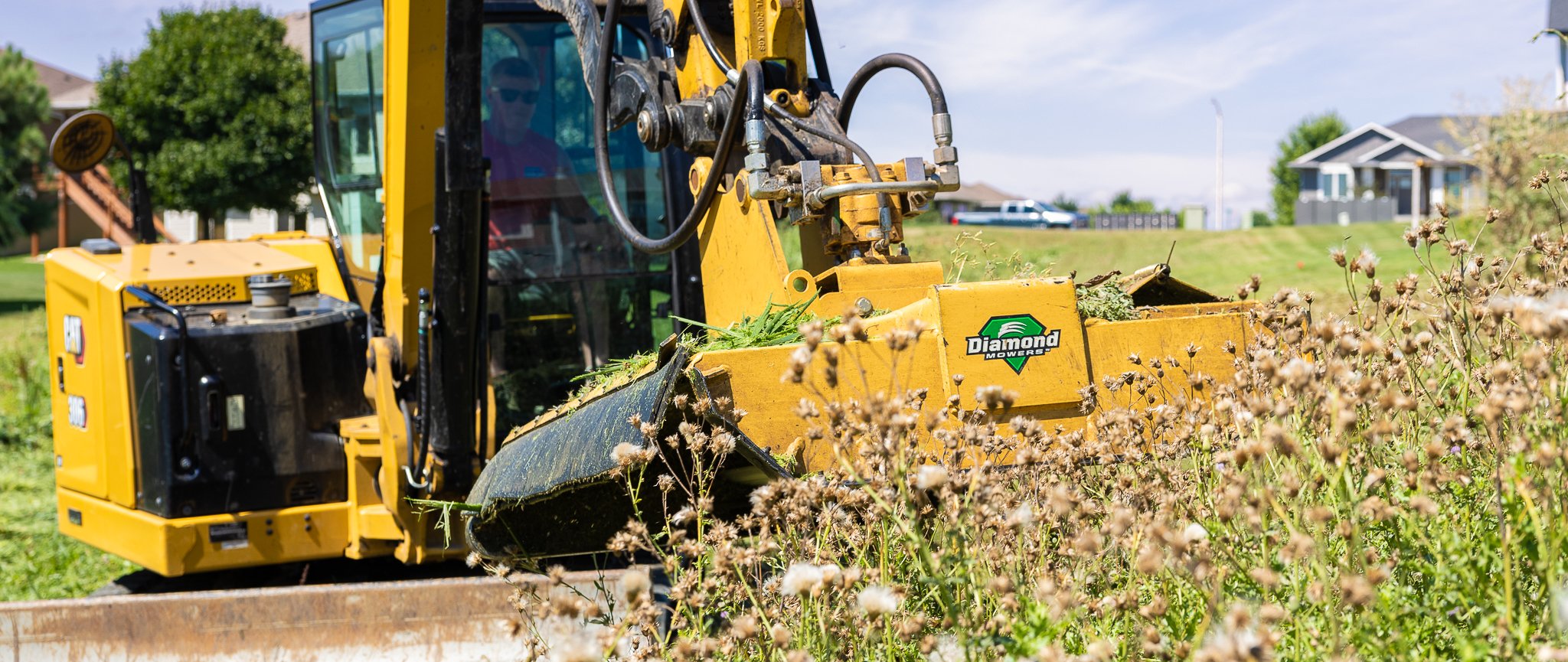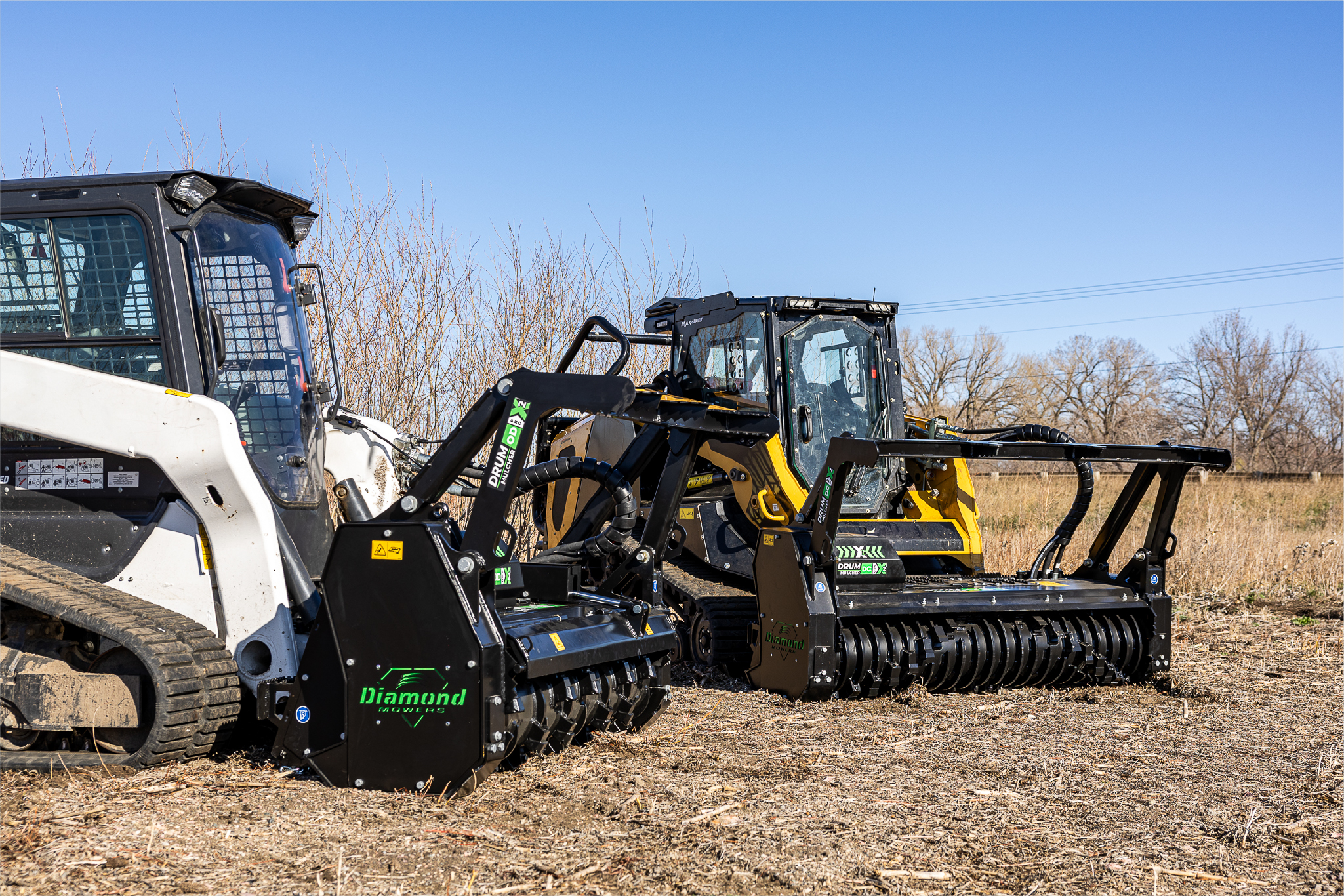Understanding Torque Values
Dec 26, 2019 . 2 min read
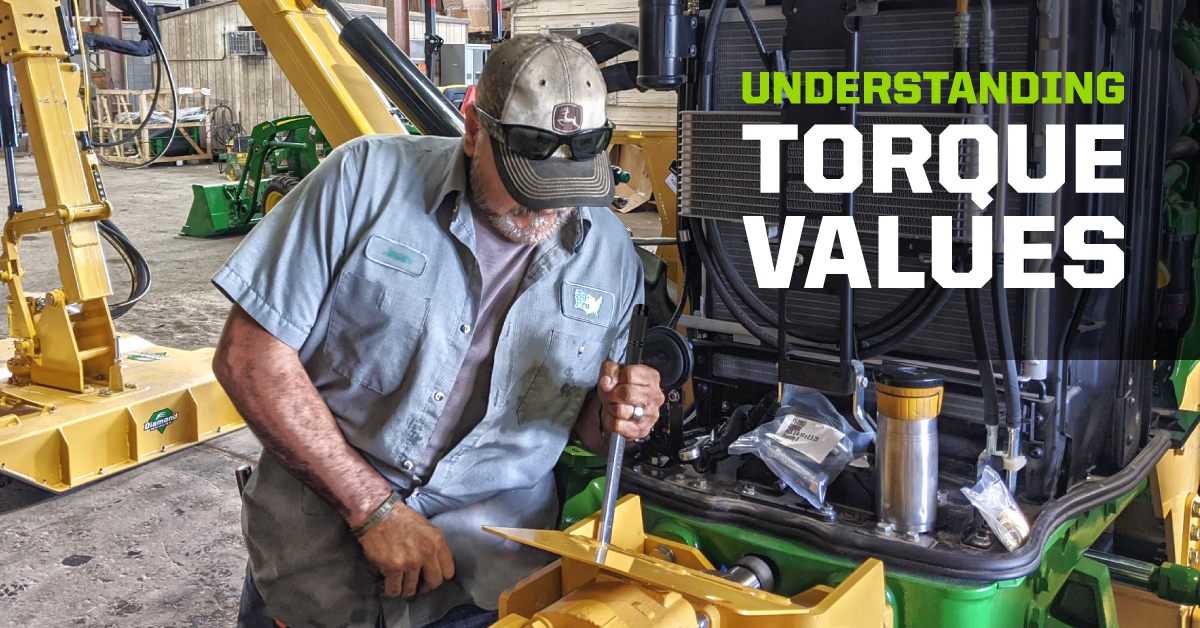
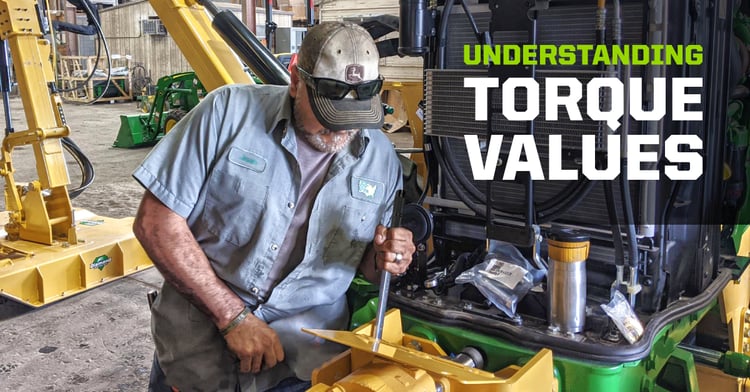
Tightening components on your machines to correct torque values is imperative to the longevity and reliability of your machine.
Fastener Types & Grades
Before you grab your torque wrench, you have to know what your fastener is and how it is classified.
- Fastener types matter. An Allen cap screw is not the same thing as a hex bolt, nor are they likely to be the same grade. Just because the thread type may match does not infer the torque values are the same.
- Be sure to know the grade of your fastener and how to read the symbology to determine the grade of (hardened) fasteners required.
- Using the incorrect grade fastener is detrimental. Using a lower grade fastener where a high grade is required means you do not have the required clamp load to hold components together effectively. If you torque the lower grade fastener to the high-grade torque values, you damage it by stretching the threads beyond their capabilities.
- Sometimes low-grade fasteners are used so they can “fail” before more severe damage to the machine is incurred. Think of shear bolts in a snowblower. They are designed to fail to prevent permanent damage to the auger blades.
- Know your thread type and pitch. Coarsely threaded bolts have different values than fine threads of the same diameter.
Dry, Lubricated, and Other Torque Value Differences
Torque values are affected by many variables, including but not limited to - fastener material type, lubrication, thread lockers, and other adhesives.
- A fastener often has several torque values listed, such as:
- Lubricated (usually oil)
- Dry (devoid of any substance on the threads)
- Other options
- DO NOT assume the substance you wish to apply on the threads of the fastener, such as thread locker, would use the lubricated value. In some cases, this would be correct. However, in many cases, you would use the dry value or a special value specific to that substance. If in doubt, ALWAYS ask!
- Sometimes a fastener has a “custom” torque value. This torque value has been determined in research and testing by an engineering team, and is different from what that fastener would customarily use. ALWAYS default to the listed torque value in your operator’s manual or parts book for your machine.
- Torque values can vary from manufacturer to manufacturer of fasteners. Always default to the machine manufacturer for values, unless otherwise directed.
- Differences in fastener material such as zinc plated bolts vs. non-plated can affect torque values as well. When determining torque values, knowing the exact makeup of your fastener is critical.
Thread Lockers
Diamond Mowers uses thread locker on many fasteners for its products. Knowing how these products affect torque values is paramount.
- Depending on the thread locker type you could be using a dry, lubricated, or a custom torque value. Always default to the operator’s manual or parts books for the official torque values when tightening fasteners.
- Pay close attention to the type and brand of thread locker used. DO NOT substitute alternative thread lockers, as they likely have different properties and can adversely affect the clamp load of the fastener, as well as require a different torque value than stated for the recommended thread locker.
- When thread lockers are listed - use them! They are a critical component for the fastener to do its job effectively!
If you ever have questions or concerns, call our customer service department, and they will get you the correct specs for your machine!
To learn more about our heavy-duty attachments, visit our Products page.

